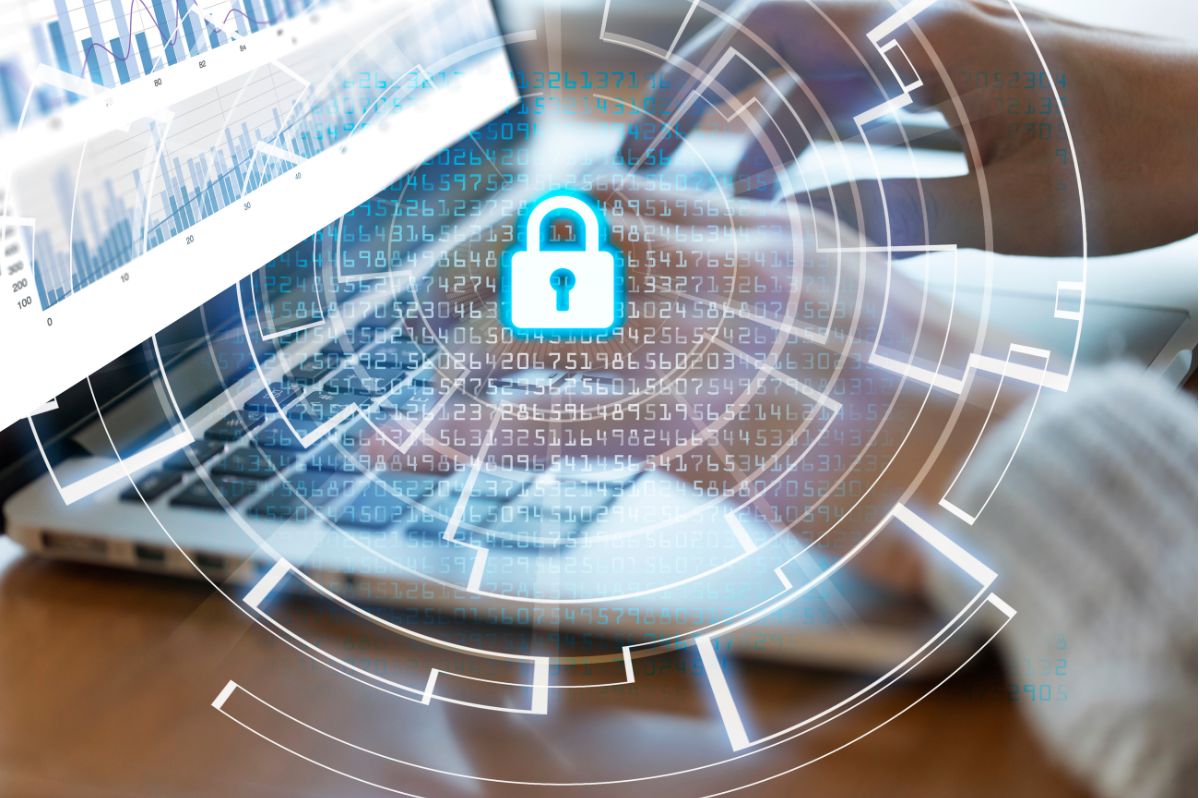The Shift from Human to Machine Identity Security
For decades, cybersecurity has focused on securing human identities—ensuring that employees, customers, and partners have the right access to the right systems at the right time. However, as digital transformation accelerates, the landscape of identity security has dramatically changed. Today, organizations must contend with an identity ecosystem that includes not only humans but also machines, devices, applications, workloads, and services.
Machine identities now outnumber human identities by a staggering 45:1 ratio. This shift is not just a technical challenge but a financial and operational one as well. Cybercriminals are evolving their tactics to exploit vulnerabilities in machine identities, leading to increased data breaches, operational disruptions, and compliance risks. As a result, modern identity security has become an essential priority for organizations aiming to safeguard their digital assets and maintain business continuity.
The Financial Risks of Weak Identity Security
Failing to secure machine identities carries significant financial repercussions. A single compromised machine identity can lead to cascading security failures, exposing sensitive data, disrupting critical services, and causing regulatory penalties. The 2024 IBM Cost of a Data Breach Report found that breaches involving compromised credentials cost businesses an average of $4.88 million. With machine identities growing exponentially, the financial stakes continue to rise.
In industries such as healthcare, finance, and manufacturing, where compliance requirements are stringent, mismanaged machine identities can result in substantial fines. Regulatory frameworks such as GDPR, HIPAA, and PCI DSS demand stringent identity security measures, and organizations that fail to comply may face multimillion-dollar penalties. Beyond direct costs, reputational damage from an identity-related breach can erode customer trust and investor confidence, further impacting revenue and market position.
Challenges in Modern Identity Security
The proliferation of machine identities introduces several critical challenges:
- Lack of Visibility: Organizations often struggle to track and manage the growing number of machine identities, leading to shadow IT and security blind spots.
- Credential Mismanagement: Hardcoded credentials, unmanaged API keys, and expired certificates create security gaps that attackers can exploit.
- Dynamic Cloud Environments: In cloud-native architectures, workloads, containers, and microservices are spun up and down dynamically, making traditional identity management approaches inadequate.
- Insufficient Access Controls: Without robust identity governance, machine identities can be over-permissioned, increasing the risk of privilege escalation attacks.
- Complexity of Hybrid Environments: Organizations operating across on-premises, multi-cloud, and hybrid infrastructures face fragmented identity security, increasing the attack surface.
The Path Forward: Strengthening Modern Identity Security
To mitigate these risks, organizations must adopt a forward-looking strategy that integrates advanced identity security measures. A robust modern identity security framework includes:
- Implementing Zero Trust Security
- Traditional perimeter-based security is no longer effective in a digital-first world. A Zero Trust approach assumes that no identity—human or machine—should be inherently trusted. Every access request must be continuously authenticated, authorized, and monitored. Leading solutions such as Google BeyondCorp and Microsoft Conditional Access enforce Zero Trust principles by verifying identities at every interaction.
- Automating Identity and Access Management (IAM)
- As machine identities continue to grow, manual management is no longer feasible. Automated IAM solutions streamline identity governance by dynamically provisioning and de-provisioning access based on policies. Tools such as Okta and Microsoft Entra ID ensure that both human and machine identities are authenticated and authorized efficiently.
- Strengthening Public Key Infrastructure (PKI) and Certificate Management
- Machine identities rely on cryptographic credentials like SSL/TLS certificates, SSH keys, and API tokens. However, organizations often struggle with certificate sprawl, leading to expired or misconfigured certificates that create security vulnerabilities. Advanced PKI solutions automate certificate lifecycle management, ensuring secure communication and preventing unauthorized access.
- Enforcing Privileged Access Management (PAM)
- Privileged machine identities, such as service accounts and automation scripts, require heightened security controls. PAM solutions help manage privileged credentials, enforce least privilege access, and monitor high-risk machine identities.
- Leveraging AI-Driven Threat Detection
- Traditional security monitoring tools are often ineffective in detecting machine identity compromises. AI-powered solutions such as Darktrace and Exabeam analyze behavioral patterns to detect anomalies, flagging unauthorized access attempts in real time and preventing credential-based attacks.
The Business Case for Modern Identity Security
Investing in modern identity security is not just about preventing breaches; it is also a crucial factor in business growth and resilience. Organizations that proactively secure both human and machine identities gain a competitive edge by ensuring compliance, reducing operational risks, and fostering trust with stakeholders.
By implementing strong identity security measures, companies can streamline workflows and enhance automation without increasing security risks. Secure identity management reduces downtime from security incidents, cuts costs associated with breach recovery, and ensures business continuity even in the face of evolving cyber threats. This creates a more agile and responsive organization, capable of adapting to emerging technologies without being bogged down by security concerns.
Moreover, regulatory bodies and industry standards are increasingly prioritizing identity security. Organizations that fail to comply with these evolving regulations may find themselves unable to do business with certain partners, losing out on valuable contracts and opportunities. By taking a proactive approach to modern identity security, businesses can future-proof their operations and avoid costly legal battles and compliance failures.
The Future of Identity Security: A Unified Approach
As organizations navigate the complexities of modern identity security, adopting a unified strategy is critical. Siloed identity security approaches leave gaps that cybercriminals can exploit. Instead, enterprises should integrate IAM, Zero Trust, PAM, and certificate management into a cohesive security framework.
To remain competitive and secure, organizations must prioritize ongoing education, training, and investment in cutting-edge identity security solutions. As cyber threats evolve, so too must the strategies and technologies used to defend against them. Organizations that fail to modernize their identity security posture risk falling behind, not just in cybersecurity readiness, but in overall business resilience and operational agility.
The financial and operational risks of ignoring modern identity security are too great to ignore. Organizations that invest in advanced identity security solutions today will not only mitigate security risks but also improve compliance, streamline operations, and enhance digital trust with customers and partners. By prioritizing modern identity security, businesses can future-proof their cybersecurity posture and ensure resilience in an increasingly interconnected digital world.
Are you ready to secure your organization’s identities—both human and machine? Now is the time to take action and implement the strategies needed to protect your business in the evolving cybersecurity landscape.
Try Portnox Cloud for Free Today
Gain access to all of Portnox's powerful zero trust access control free capabilities for 30 days!




